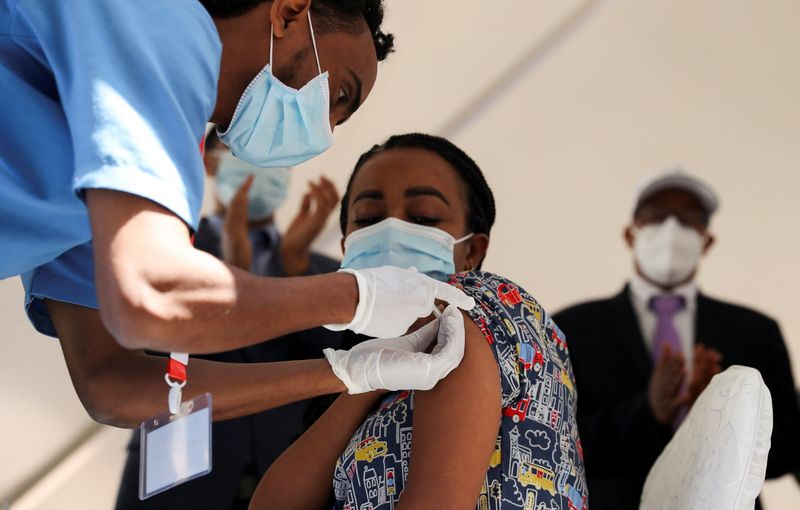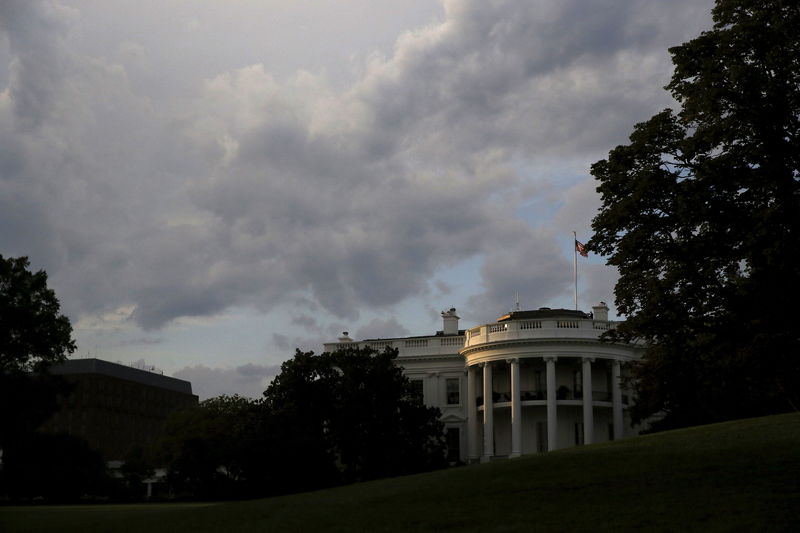By Andrea Shalal
WASHINGTON (Reuters) -The G20 major economies should revitalize a freeze in official bilateral debt payments by the poorest countries to include middle income countries and expand participation by China and the private sector, a White House official said on Wednesday.
Daleep Singh, the U.S. sherpa for the G7 and G20, said China was by far the largest official bilateral creditor, and it should step up its participation in the G20's Debt Service Suspension Initiative (DSSI), but more private sector participation was also needed.
In April, the Group of 20 agreed to extend until the end of 2021 the debt freeze offered to the poorest countries to help them fight the COVID-19 pandemic and mitigate its economic impact, but failed to expand it to include middle-income countries, leaving out 22 of the 72 countries seen at high risk of debt distress.
The initiative has fallen far short of its initial targets, with some countries were reluctant to ask for a freeze in debt payments for fear of ruining their credit ratings.
"We need every country, especially the largest lenders, to do their part," Singh told an online event hosted by the Center for Strategic and International Studies.
"A lot of China's lending activity is highly opaque, and it self-classifies much of the lending as commercially driven, even though it's very clearly directed by the government," he said.
Singh said it was also important to strengthen the incentives for the private sector to bear the burden of debt relief for low- and middle-income countries.
"Public support from international institutions should not be used to repay the private sector, and I think the private sector needs to internalize the reality that emerging market investing is not a free lunch," he said.
The White House official also said it was important to "remove the stigma" facing highly indebted countries if they sought deeper restructuring of their debt burdens, which was needed in many cases to create space for structural reforms.
So far, only three countries - Ethiopia, Chad and Zambia - have applied for deeper debt restructuring under a common framework agreed by the G20 nations and the Paris Club of official bilateral lenders.

G20 finance officials will discuss the looming debt crisis facing developing countries and emerging markets when they meet in Venice on July 9-10.
Debt levels in emerging markets reached a record high of more than $86 trillion in the first quarter, according to the Institute of International Finance.
